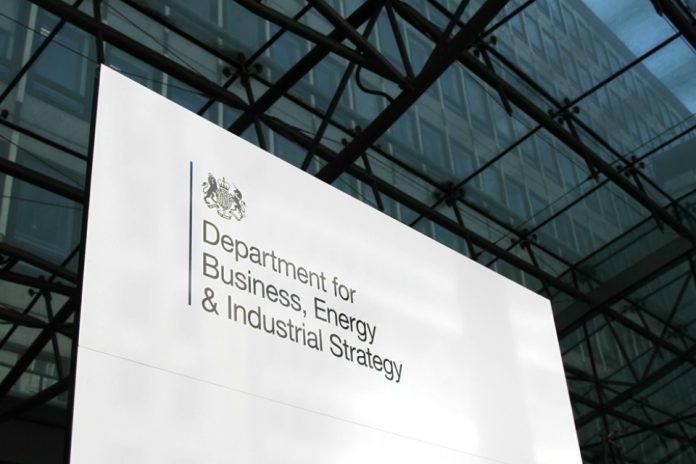*Energy Price Cap extended until end of 2021, protecting around 11 million UK households from being overcharged
*households on standard variable and default energy tariffs will continue to save between £75 and £100 a year on dual fuel bills
*2.8 million electricity and 2.1 million gas customers switched supplier in the first six months of 2020
The Energy Price Cap shields those least likely to shop around for the best deals – including the elderly and most vulnerable – from being charged excessive prices.
Since its introduction in January 2019, the cap has saved customers around £1 billion a year, equivalent to around £75-100 a year for typical households on default energy tariffs.
An additional 4 million households with prepayment meters on default tariffs will also come under the protection of the cap from January.
Business and Energy Secretary Alok Sharma said:
The Energy Price Cap has been vital in ensuring customers do not pay too much on their bills, which is why we are keeping it in place for at least another year.
Switching energy supplier to find the best value deals is still the best way to save on bills, but this government is determined to make sure all customers are treated fairly and get the protection they deserve.
In addition to the price cap, millions of customers have been able to benefit from lower bills as the numbers of those switching to cheaper tariffs has increased and the rollout of smart meters has progressed in recent years.
A total of 2.8 million electricity and 2.1 million gas customers switched supplier in the first 6 months of 2020, building on record numbers of households switching to cheaper tariffs in 2019, the first full year of the Energy Price Cap.
However, more than half of customers are still on standard variable or default tariffs, where, in the absence of the cap, they would likely still be paying excessive charges for energy use.
In August, the independent energy regulator, Ofgem, recommended an extension to the cap following a review into the market. Today’s announcement follows that recommendation.
The Energy Price Cap extension is the latest government measure to help vulnerable customers with their energy bills and follows particular support during the coronavirus pandemic.
Energy suppliers have given prepayment and pay-as-you-go customers support when they faced financial distress.
Those with prepayment meters have also benefited from a price cap that is in place until the end of the year.
Today’s announcement means a further 4 million households with prepayment meters on default tariffs will continue to be protected from excessive prices by the wider Energy Price Cap once the Competition and Market Authority’s Prepayment Meter Cap expires at the end of 2020.
Jonathan Brearley, Chief Executive of Ofgem, said:
The Secretary of State’s announcement means that 15 million households will continue to be protected under the price cap and will pay a fair price for their energy in 2021.
“Although those protected by the cap are paying a fair price, they can also reduce their energy bills further by shopping around for a better deal.
Ofgem will continue to protect consumers in the difficult months ahead as we work with industry and government to build a greener, fairer energy system.
Notes to editors
*Research by the Competition and Markets Authority showed that consumers on default tariffs had been overpaying the ‘Big Six’ energy companies some £1.4 billion a year before the introduction of the Energy Price Cap.
*The Energy Price Cap, continuing through 2021, is set by energy watchdog Ofgem, which reviews it every 6 months to reflect changes in the cost of supplying energy. This ensures those who do not shop around, often elderly and low-income households, are protected from paying over the odds.
*In August, Ofgem announced the price cap level for October 2020 to March 2021 would be £1,042 for typical users paying by direct debit.







